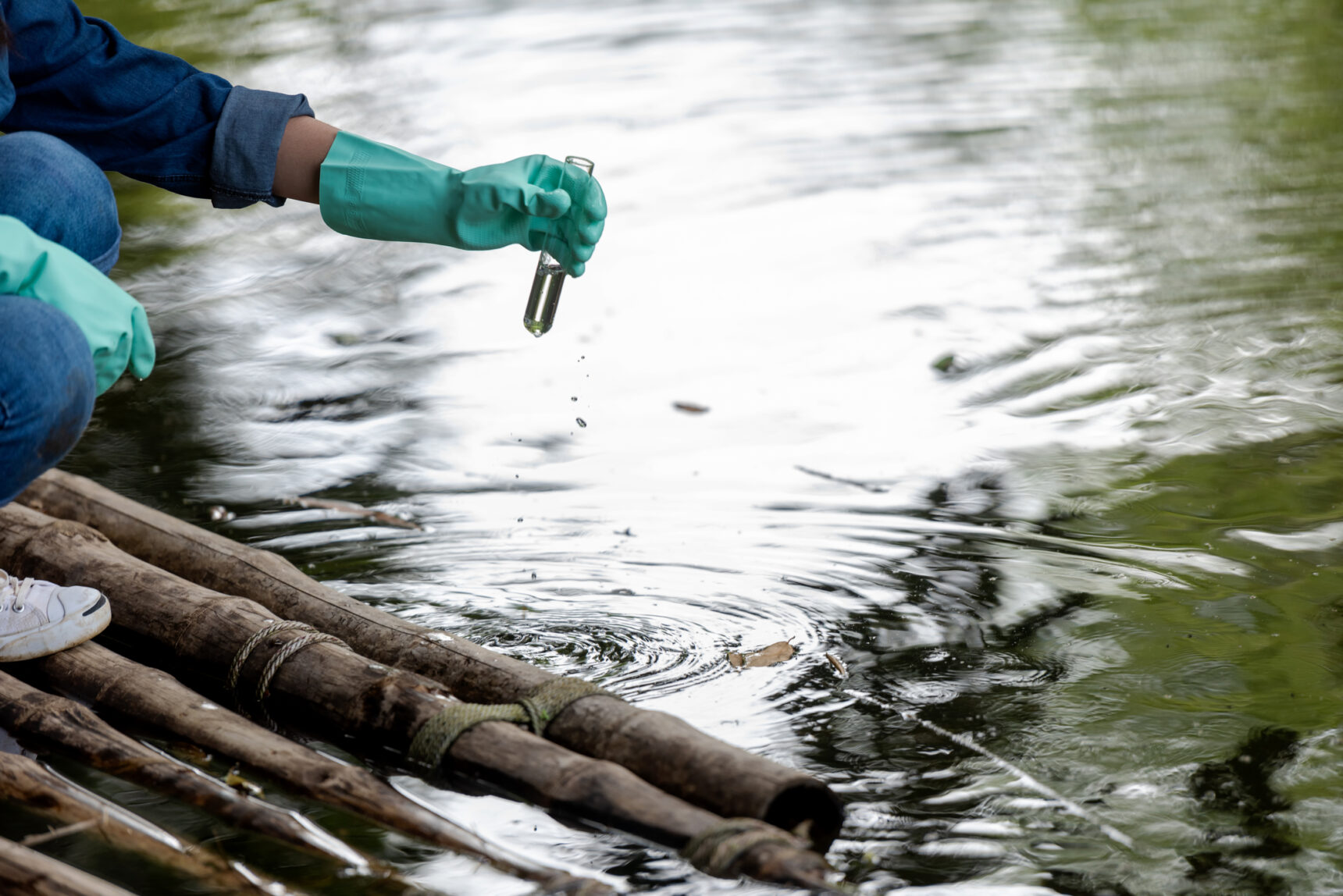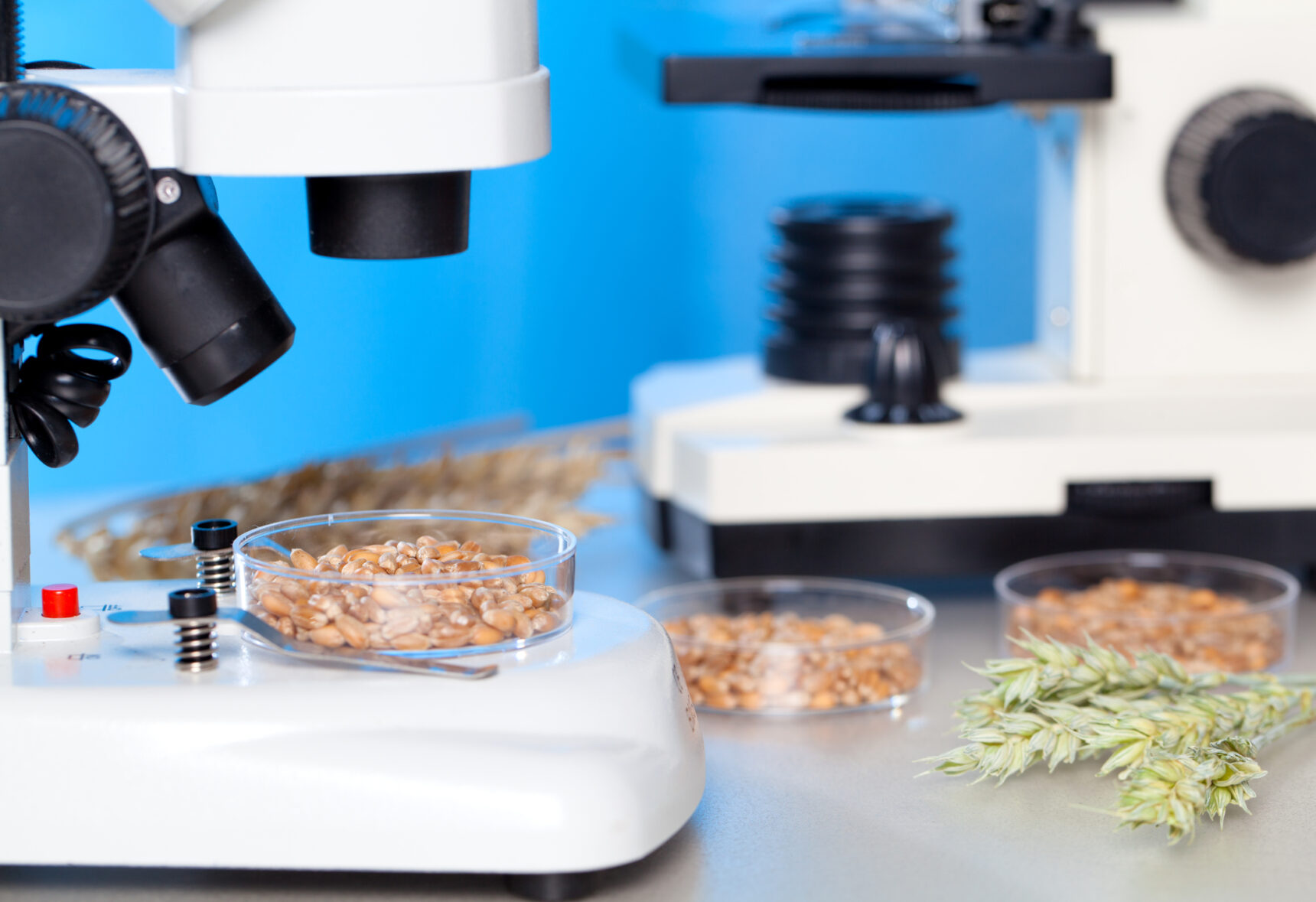Contents:
Science degree apprenticeships are an excellent way to gain hands-on experience and practical skills, which are essential to careers in a scientific field. These programmes offer the chance to work directly within the industry while learning on the job.
In this article, you’ll find an overview of some common science degree apprenticeships and examples of employers who offer these opportunities. The list we provide is not exhaustive, so we encourage you to also look at our article on how to find the right degree apprenticeship.
Keep in mind…
Applications are typically made directly to employers rather than universities. While university websites can help identify available programmes, you will need to find and apply to the employers offering the apprenticeships.
What science degree apprenticeships are there?
Below are some of the most common science degree apprenticeships. While this provides an overview, you should use your own research and the government ‘Find an apprenticeship’ service for England, Scotland, Wales and Northern Ireland to find the latest opportunities.
1. Lab technician apprenticeships
Lab technician degree apprenticeships provide practical training in laboratory environments, equipping participants with essential skills in scientific research, data presentation, analysis, and general laboratory operations. A popular degree apprenticeship option is the Level 6 Laboratory Scientist apprenticeship (equivalent to a bachelor’s degree).
These degree apprenticeships are ideal for any STEM school graduate who is interested in pursuing a STEM career in research, laboratory assistance, or even scientific consultancy.
Providers of level 6 lab technician degree apprenticeships include:
- AstraZeneca: Create and improve medicines and vaccines
- GlaxoSmithKline (GSK): Manufacture, research, and develop vaccines and medicines
- Unilever: Apply chemistry knowledge and skills to support R&D development of various new products
2. Environmental science apprenticeships
Environmental science degree apprenticeships offer specialised training in areas such as environmental management, conservation, and sustainability. Popular options include the Level 6 Environmental Practitioner (equivalent to a bachelor’s) and Level 7 Ecologist (equivalent to a master’s) degree apprenticeships.

Providers of environmental science degree apprenticeships include:
- Environment agency: Range of roles in protecting and improving the environment, including flood management and biodiversity (level 6)
- Cornwall college: Specialises in land-based and marine ecology, in partnership with the Eden Project (level 7)
3. Pharmacy apprenticeships
Pharmacists are responsible for dispensing medicines in various settings, including pharmacies, hospitals, and GP practices. Currently, the only pharmacy-related degree apprenticeship available is the Level 7 Clinical Pharmacology Scientist programme. However, there is ongoing consideration of introducing a Level 7 Pharmacist programme. These level 7 qualifications are equivalent to a master’s degree.
Providers of the Level 7 Clinical Pharmacology Scientist degree apprenticeship include:
- AstraZeneca: Developing and prescribing pharmaceuticals
- King’s College London: Provide an integrated degree apprenticeship for practising Clinical Pharmacology Scientists
4. Food science apprenticeships
Food science degree apprenticeships provide practical training in food production, safety, and quality control, often involving hands-on work in laboratories and production facilities. A popular option is the Level 6 Food Industry Technical Professional.

Providers of level 6 food science degree apprenticeships include:
- Co-op: Explore food innovation, nutrition and more
- Nestlé: Work on brands such as KitKat, Aero, Cheerios and Nescafé
- Coca-Cola Europacific Partners: Health and safety, quality, and food safety requirements
- Unilever: Develop new technology to deliver ice cream and beverages more sustainably
5. Healthcare science apprenticeships
Healthcare science degree apprenticeships focus on preventing, diagnosing, and treating medical conditions. They cover a broad range of science subjects that reflect the variety of diseases and treatments, including clinical immunology, genomics, and nuclear medicine. A popular option is the Level 6 Healthcare Science Practitioner.
The NHS is the largest employer of healthcare science apprentices. To apply, you will need to find a specific NHS trust through NHS Jobs, the GOV.UK ‘Find an apprenticeship’ service or on the individual trust website.
6. Biomedical science apprenticeships
Biomedical science degree apprenticeships typically involve laboratory work and research to improve the diagnosis and treatment of disease. You will require a good understanding of biology as well as strong analytical skills.
- NHS biomedical degree apprenticeships are typically categorised under healthcare science degree apprenticeships and can be discovered through NHS Jobs and individual trust websites.
- Francis Crick Institute: One of Europe’s biggest labs, working to improve health and disease control; specific apprenticeships vary throughout the year
Science degree apprenticeships offer a diverse range of opportunities across various fields, allowing you to develop practical skills and gain valuable industry experience. With numerous options available, you can find an apprenticeship that aligns with your interests and career goals.
If you’re deciding between a science degree and a degree apprenticeship, check out our article comparing university degrees and degree apprenticeships for insights to help with your decision.
Read on to the next article in this guide, where you will find out about the available technology degree apprenticeships.


Comments